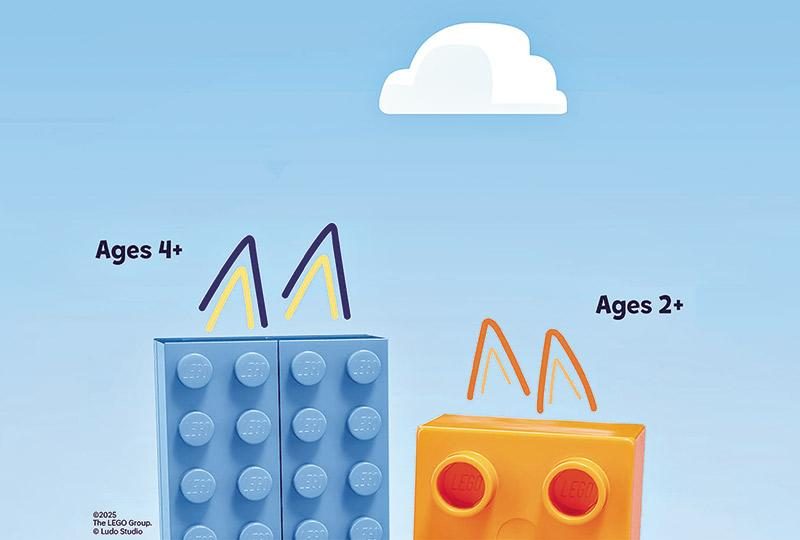I know
My three-year-old has a favourite phrase when he’s being disciplined about something. He’ll be sitting on my knee after hitting one of his brothers, and I’ll be talking with him yet again about appropriate actions to take when he’s angry or frustrated, and he’ll say, “I know, Dad.” Which is true. He generally does know, the issue being that he doesn’t always do what he knows.
My eldest two have much the same problem, though they verbalize it a little differently. I’ll find my six-year old riding his skateboard without shoes or helmet yet again, and so I’ll have to take the skateboard away for the day yet again, and he’ll say, “Dad, you don’t have to tell me a million times,” though I clearly do, since he still isn’t getting it.
I’ll come into the living room and catch my nine-year old playing computer games when he’s supposed to be doing homework yet again, and I’ll remove his screen privileges for the day yet again, and he’ll say, “Dad, I was just doing one more thing before my work.”
I don’t really blame them too much. Most of the adults I know (myself included some days) aren’t any better. We generally know what’s good for us, but actually doing it is another deal. We all know that eating more vegetables and less processed food is good, but our fast food businesses are still doing fine and our obesity rates continue to increase. We can all agree that more exercise would make us healthier, but our collective time in front of television screens still far outweighs our time being active. Everything seems to indicate that more time and involvement with our kids is the surest way to keep them out of high risk activities, but more and more children are spending the greater part of their formative years with daycare providers, babysitters, and nannies.
Our excuses may be more sophisticated: “The research isn’t clear…” or “My career doesn’t allow me to…” or “In a few years I’ll…” but the fact is that we know just as well as my three- year old does, and we need to begin modelling for our kids that knowing doesn’t count for much if it doesn’t result in doing.





